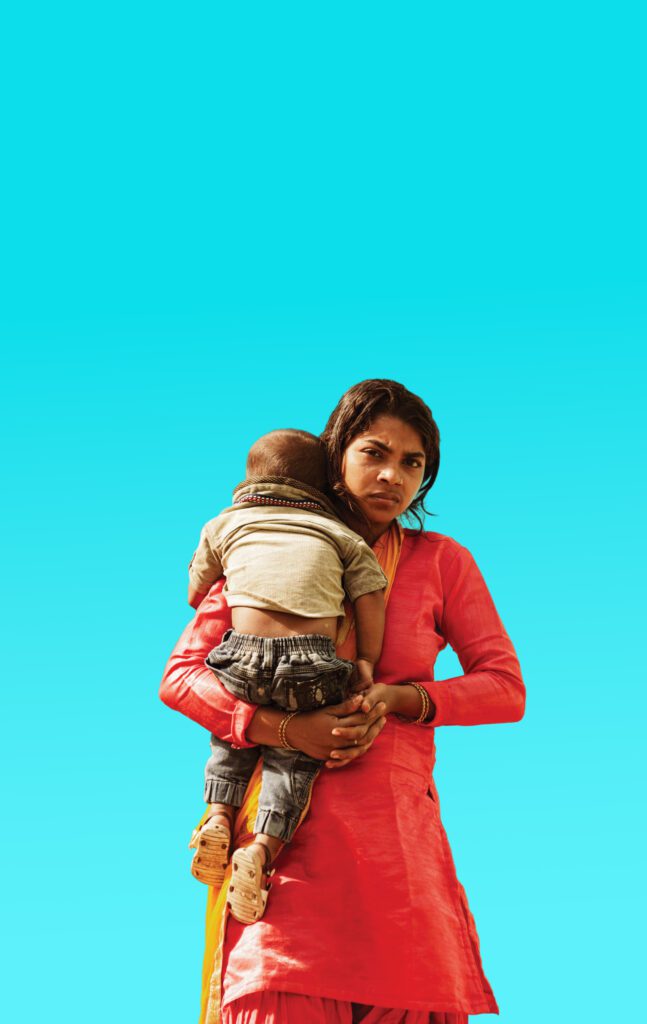
Last week No Kid Hungry National Spokesperson Jeff Bridges e-mailed to ask why our website didn’t highlight the fact that of all the money that is spent on hunger in the U.S. there is still at least a billion dollars that is available for public food and nutrition programs, but going untapped at a time when more Americans, and especially children, are struggling with hunger than at any other period on record. Bridges rightfully believes it is one of the most compelling aspects of our strategy and his question underscores one of the great anomalies of the economic and political climate in which we find ourselves.
Of the 20 million school children in America who get a free or reduced price school lunch, only 9.5 million get a free school breakfast even though all 20 million qualify, and only close to 3 million get the meals they are eligible for in the summer when the schools are closed. The irony is that while most governors are forced by economic realities to keep cutting social services, the federal government has committed to expand this critical social service without states having to spend their own scarce dollars. Increasing school breakfast from the 47% participation rate it is at now to 60% would drive more than $610 million to the states. And that is money that buys milk from local dairy farmers, bread from local bakers, having the same impact as stimulus dollars.
Most secrets require a conspiracy to keep them, and this best kept billion dollar secret is no exception. It is not a conspiracy of silence so much as a conspiracy of indifference, special interest, and neglect. The most common response of state and local elected officials upon learning of the availability of this money is one of shock and surprise. The main reason for their lack of awareness is that hungry children don’t belong to advocacy organizations that advance their cause and they don’t hire lobbyists to represent them in the corridors of state capitols. It’s not that governors don’t want to help hungry kids, it’s just that there are so many other special interests in front of them, that they rarely see the most vulnerable and most voiceless at the back of the line. That is finally beginning to change thanks to Maryland’s Governor Martin O’Malley championing this and the impressive results that are inspiring other governors of both parties to follow suit.


